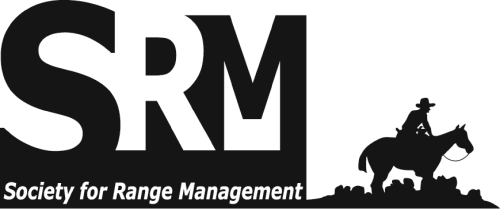For the last 3 years, members of the Range Science Education Council have been working on a project entitled, Repositioning Rangeland Education for a Changing World. The goal of this project is to provide innovative curricula, relevant courses, and appropriate delivery approaches so undergraduate students with a variety of backgrounds and experiences can gain the knowledge and skills to effectively manage rangelands and the important ecological services they provide. Responses from an online survey of 198 recent graduates (1-6 years after completing a B.S. degree) from 15 universities in the U.S., and from focus group discussions with a variety of stakeholders in 10 western states, were used to develop a list of core competencies that will be needed by future rangeland ecologists and managers. The most important competency areas identified include: 1) plant identification and taxonomy, 2) rangeland management and planning, 3) inventory and monitoring methods, 4) rangeland ecology, 5) communication and public interaction, 6) ecosystem resilience and restoration, 7) GIS and other spatial technologies, 8) natural resource policy and law, and 9) soil ecology and classification. The specific components of each competency area will be described in detail. Feedback from SRM meeting participants also will be used to revise competencies, and ultimately the undergraduate range curriculum, OPM employment standards, and SRM accreditation standards.

Oral presentation and poster titles, abstracts, and authors from the Society for Range Management (SRM) Annual Meetings and Tradeshows, from 2013 forward.